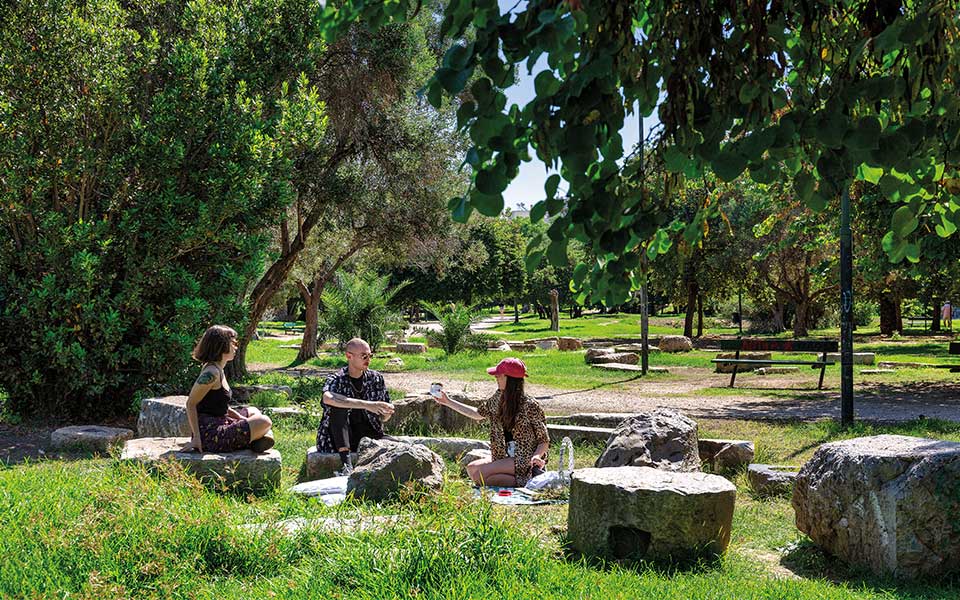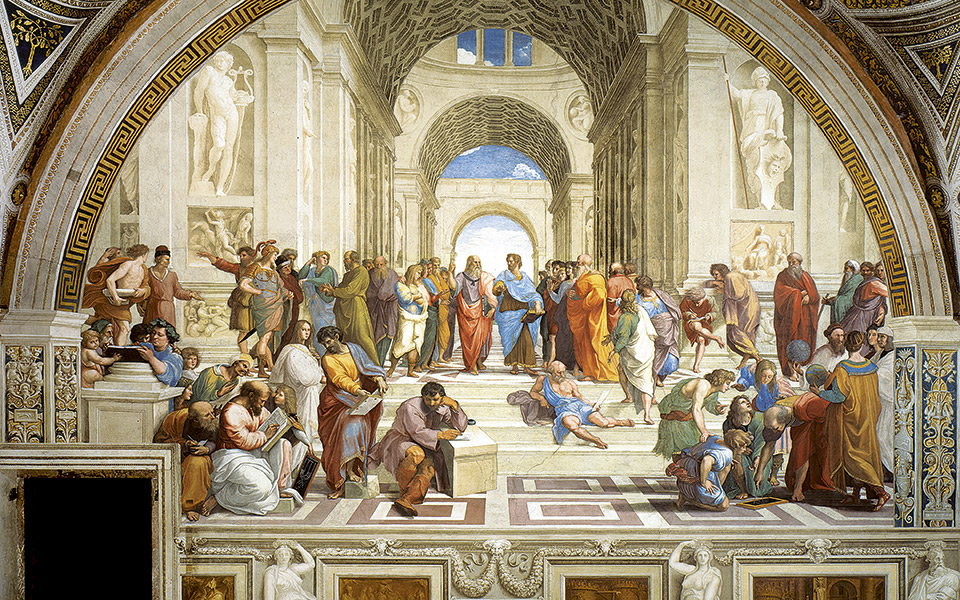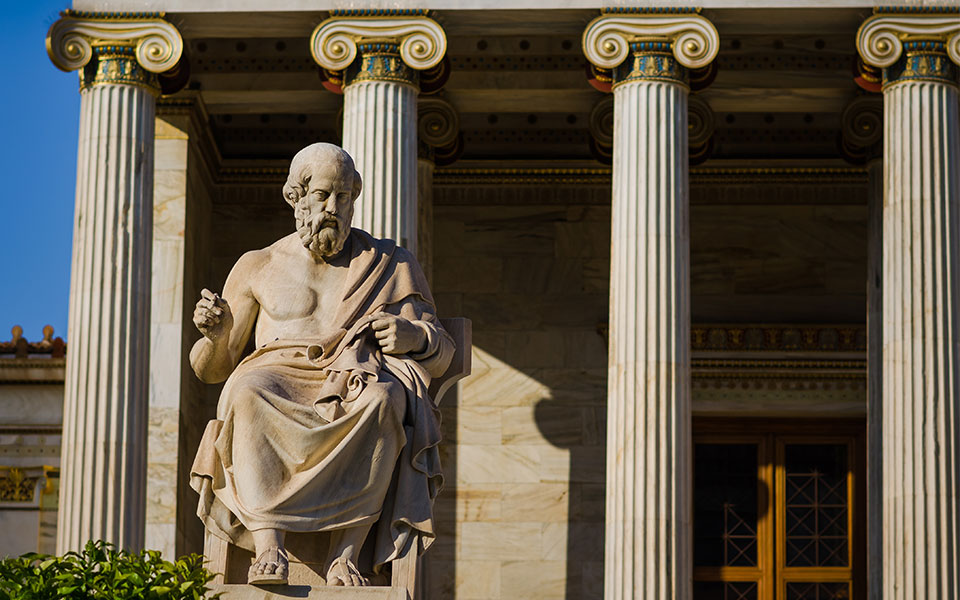An Italian researcher claims to have discovered the long-lost burial place of the ancient Greek philosopher Plato in Athens. Dr. Graziano Ranocchia, a papyrologist from the University of Pisa, made the groundbreaking claim after analyzing papyri from Herculaneum, an ancient Roman town near modern-day Naples.
According to Dr. Ranocchia, Plato’s final resting place is located in a private area within the garden of the Academy, near a sacred shrine dedicated to the Muses. This discovery sheds new light on the life and death of one of history’s greatest philosophers.
The Herculaneum papyri consist of more than 1,800 carbonized scrolls discovered in the 18th century at the “Villa of the Papyri” in Herculaneum. These scrolls were preserved when the villa was buried by the eruption of Mount Vesuvius in 79 AD – the same eruption that destroyed neighboring Pompeii. Despite their delicate condition, recent advancements in technology have enabled researchers to study them more effectively.
Using a bionic eye, Dr. Ranocchia and his team were able to decipher a thousand new words from the papyri, a significant increase compared to previous analyses conducted over 30 years ago.

© Perikles Merakos
The key to locating Plato’s burial place was found in a historical account of the Academy written by Philodemus of Gadara, an Epicurean philosopher and poet who lived in Herculaneum in the 1st century BC. Philodemus’s text contained crucial information about the location of Plato’s grave, providing Dr. Ranocchia with the clues he needed to make his discovery.
Dr. Ranocchia announced his findings at the Naples National Library, where he presented the mid-term results of the “Greek Schools” research project. The project, which began three years ago, aims to shed light on the educational institutions of ancient Greece and Rome.

© Public domain
Plato’s Academy, founded by the philosopher himself in the early 4th century BC, was one of the most important schools of philosophy in the ancient world. However, it was destroyed by the Roman dictator Sulla in 86 BC, and its exact location has remained a mystery for centuries.
If Dr. Ranocchia’s claim is verified, it will provide historians and archaeologists with valuable insights into the life and teachings of Plato, as well as the history of the Academy.
The research project is expected to be completed in 2026, and further excavations may be conducted at the site to confirm the discovery. Until then, the mystery of Plato’s final resting place continues to captivate scholars and enthusiasts alike.
With information from ekathimerini.com.












